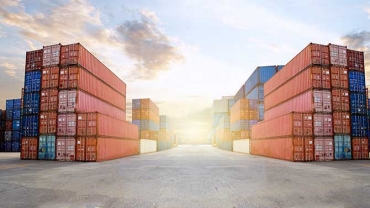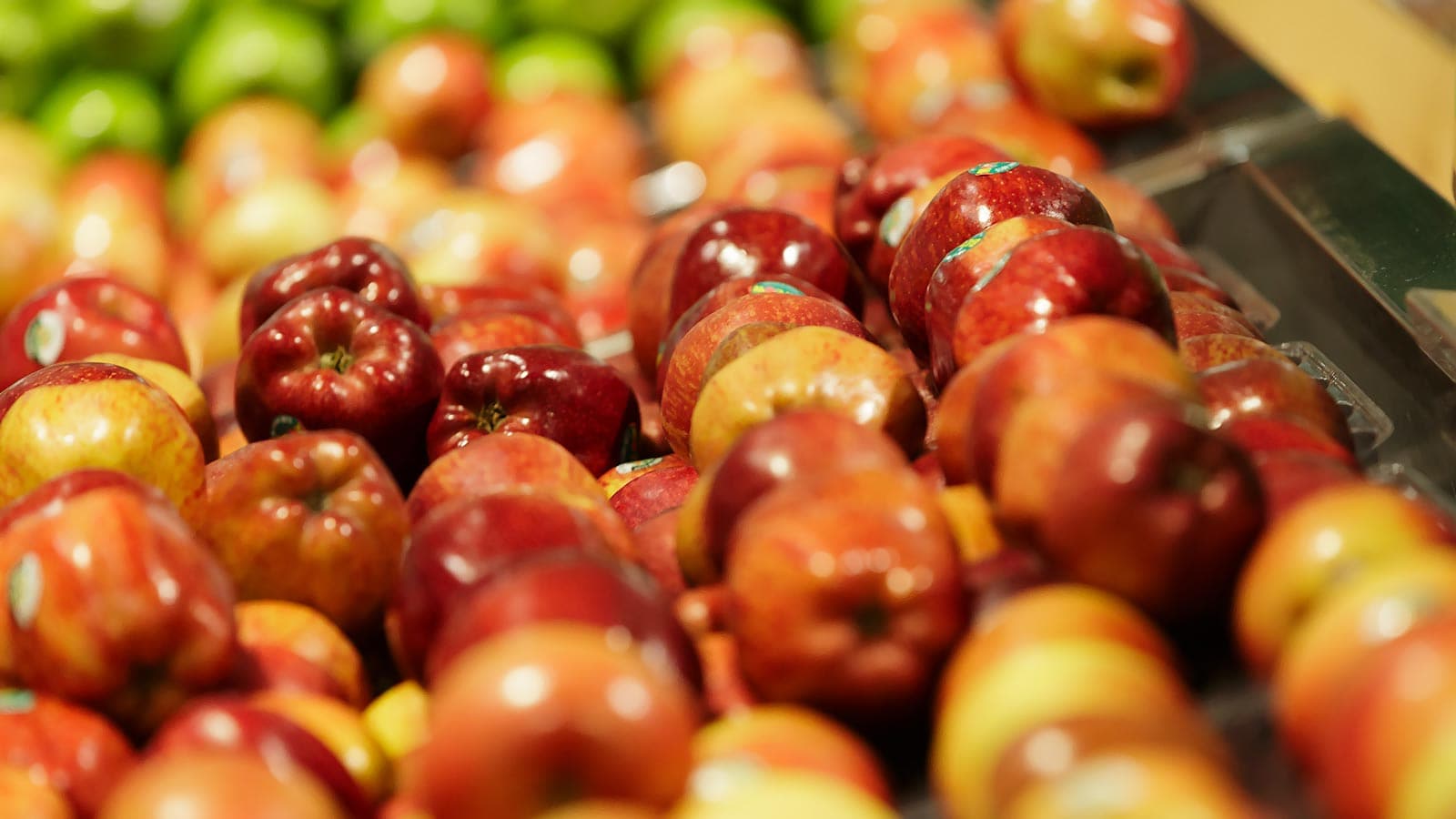
Poor exchange of information
Our performance improvement specialists carried out the scan and concluded that there were some major underlying problems. It quickly became clear that management was unaware of this. The exchange of information between departments was poor, for instance, and different calculation methods and definitions of terms were being used.
No proper end-to-end process in place
There was clearly no proper end-to-end process in place, and no proper picture of the margins achieved on the various products. One of the company's main products, mangoes, turned out to be loss-making, for example. That was partly because the quality of the fruit supplied was unsatisfactory, but that wasn’t being communicated to the responsible departments, meaning that a large number of mangoes had to be thrown away.
Increased working capital
With a diverse team, we surveyed the entire structure of the organisation, from procurement to commerce, and selected the priorities that needed to be tackled first. In that way, we managed to increase the company's working capital.
Transformation of internal structure
By increasing product prices and ensuring that fewer mangoes ended up in the waste bins, we ensured that the wholesaler made it through the year in good financial shape. Despite inflation, the company has already achieved a ten-million-euro improvement.
The next step is to make the business viable for the long term. To do so, we are transforming the internal structure, making possible better communication, coordination, and governance.
Related content


Supply chain resilience
The current unpredictability requires companies to be able to switch quickly in their supply chains to optimise their production to maintain.

Resilient workforce
Creating more resilience in your workforce requires a broad perspective. Organisational savings are no longer enough.





Contact us














